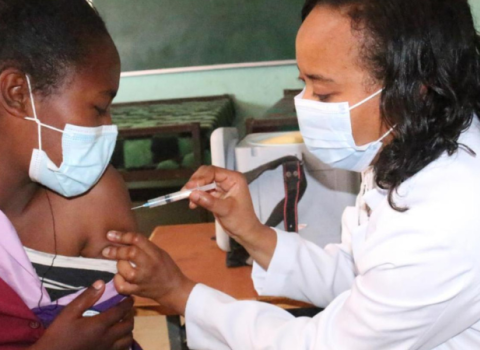Licensing opportunity
Researchers at the University of Warwick, UK, have devised a way of manipulating bacteria so they produce analogues of drug molecules that are normally synthesised in the laboratory.
The bacterium Streptomyces coelicolor naturally generates antibiotics called prodiginines. Apart from their long-recognised antibiotic properties these compounds have stimulated much recent interest for their anti-tumour effects. A synthetic prodiginine analogue, GX15-070 is currently in a Phase I/II trial in the treatment of chronic lymphocytic leukaemia and a Phase I trial in solid tumours.
The trials are being run by Canadian biotech company Gemin X, based in Montreal, which says the compound is a broad inhibitor of the Bcl-2 family of anti-apoptotic proteins. These proteins prevent cancer cells from going through the usual process of apoptosis or programmed cell death that occurs in normal cells, in effect rendering cancer cells immortal.
It is known that analogues of other prodiginines, such as streptorubin B, could have even more powerful anti-cancer effects, but at present they are very difficult to synthesise.
Greg Challis and his colleagues in the Chemistry Department published the genome sequence of S. coelicolor in 2002, and have used this to determine which enzymes are involved in the production of streptorubin B.
"This approach combines the strengths of conventional organic synthesis, with the synthetic power of biology, to assemble complex and synthetically difficult structures,” said Challis. “It could be particularly valuable for generating analogues of streptorubin B with all the promise that holds for the development of new anti cancer drugs."





 A unique international forum for public research organisations and companies to connect their external engagement with strategic interests around their R&D system.
A unique international forum for public research organisations and companies to connect their external engagement with strategic interests around their R&D system.